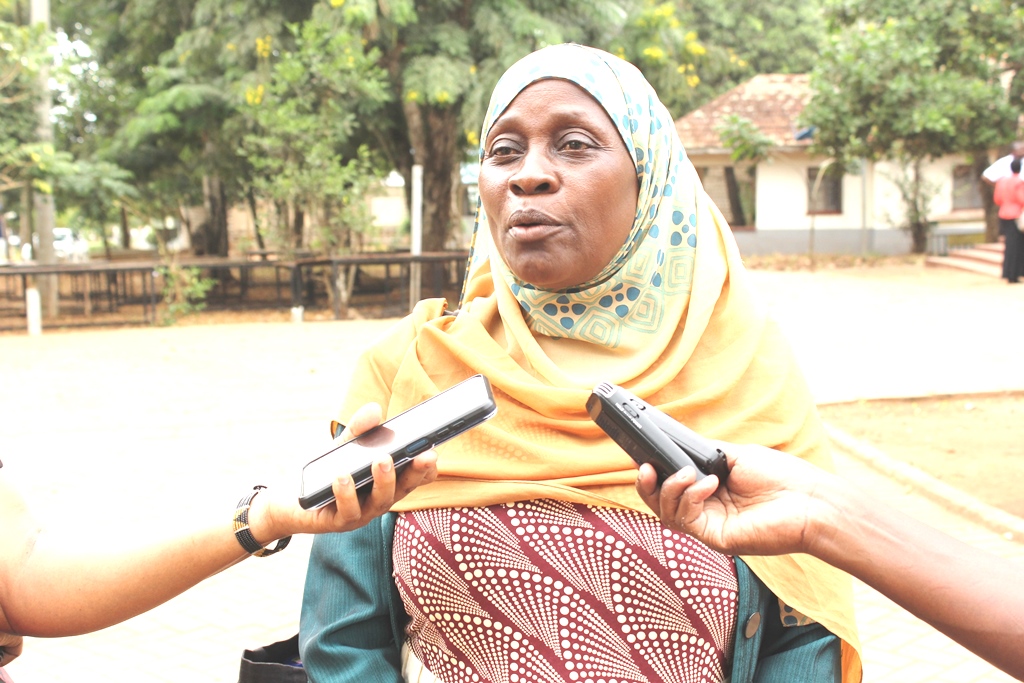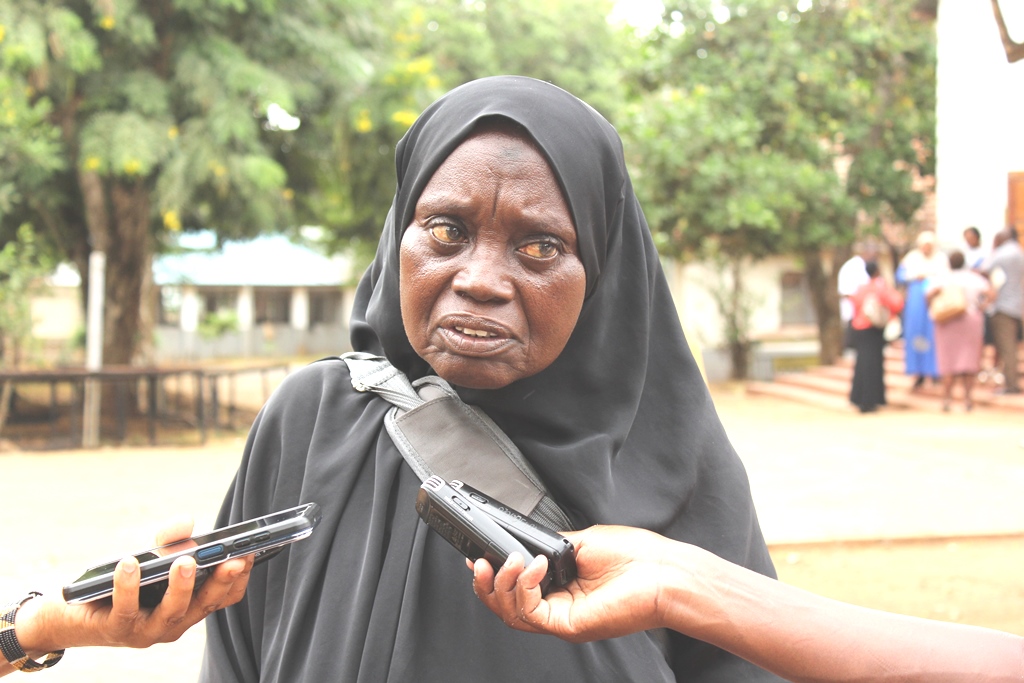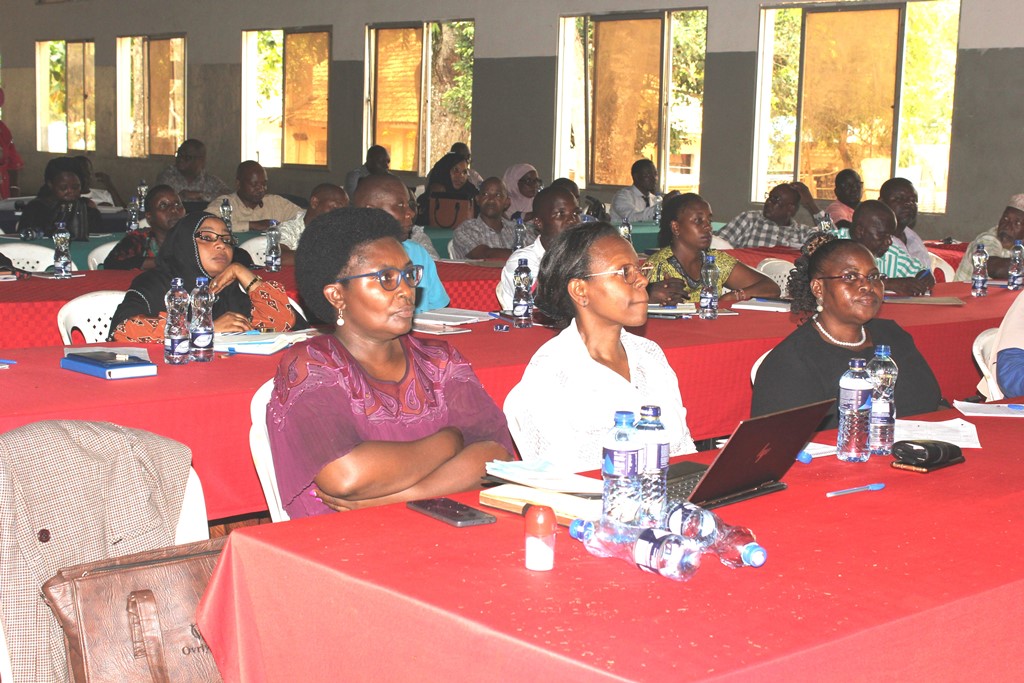A section of Kwale County parents has criticized the national government for rushing to implement the Competency-Based Curriculum (CBC) without thorough consultation and adequate preparation.
The parents acknowledged that while CBC has its benefits, its rollout lacked proper engagement with key stakeholders, leading to numerous challenges in implementation.
The parents argued that a more inclusive approach could have addressed potential gaps before introducing the nationwide system.
Led by Menuri Nuri, the parents pointed out that the education system is currently struggling with a shortage of classrooms, trained teachers, and essential learning materials.

Nuri attributed the difficulties to the government’s failure to involve critical players such as teachers, parents, and education experts and consider other dynamics during the initial stages of planning and execution.
“The idea behind CBC is great, but how it was implemented is where the problem lies. Schools are now overwhelmed because the government did not put in place the necessary infrastructure to support the new curriculum,” she said.
She spoke during a CBC public participation forum at Kwale High National School in Matuga sub-county.
The forum brought together education experts from across the county to give insights on CBC education.
Nuri also expressed concerns over the financial burden placed on parents, as CBC requires additional resources such as digital devices, art supplies, and other learning materials.
READ ALSO: Moi Kamusinga, Tigo iVihiga Western Region Championships
Nuri said the government should have effectively educated and empowered parents, teachers, and other key stakeholders on the CBC before rolling out the program.
According to her, the system heavily relies on parental involvement in students’ learning activities. However, many parents are unaware of their roles or lack the resources to support their children effectively.
Ali Salim Mwabata said that most of Kwale’s schools lack access to electricity and the internet. Yet, these are essential components of the CBC.
“In some areas, the entire village relies on one TV box. Imagine implementing CBC, which requires digital access for research and assignments,” he said.
Mwabata also lamented that a lack of laboratories and essential equipment hinders the curriculum’s emphasis on practical learning.
Kibibi Rashid urged the government to prioritize investment in infrastructure, including electricity, internet access, and well-equipped learning facilities, to ensure that all learners, regardless of location, have equal opportunities to benefit from the new education system.

She said the state should also invest in awareness campaigns and training programs for parents to bridge the gap.
Rashid said that for CBC to succeed, better planning, adequate funding, and structured training must be provided for educators to deliver the curriculum effectively.
By Omar Shaban
You can also follow our social media pages on Twitter: Education News KE and Facebook: Education News Newspaper for timely updates.
>>> Click here to stay up-to-date with trending regional stories
>>> Click here to read more informed opinions on the country’s education landscape
>>> Click here to stay ahead with the latest national news.






